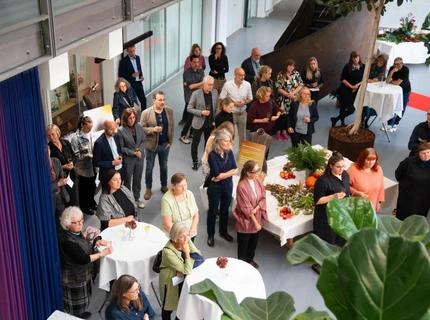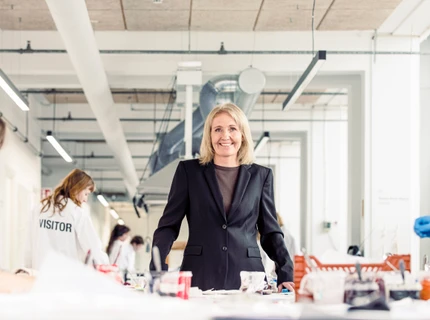
Design our Planet great again!
At the Cumulus biannual international conference at Kolding School of Design, the schools decided to form a common front to address the UN's 17 Sustainable Development Goals. This means that in the coming years 260 international educational institutions and more than 400,000 design students worldwide will work actively on resolving some of the world's biggest challenges, including challenges related to water and climate.
But Cumulus wants the entire design community to join! Therefore a resolution was passed and the “Kolding Declaration” was drafted in Kolding, in which Cumulus invites other designers to demonstrate how design can release the economic, human and cultural potential of the UN's 17 Sustainable Development Goals. The Declaration will be forwarded to the World Design Summit in Montreal: Design the Future. At this summit, in which all global design organisations and the foremost designers in the world will participate, a declaration will be adopted that will highlight the importance of design in addressing the global challenges. The “Kolding Declaration” will be a valuable contribution.
Global Design Fund
A major challenge is the creation of a global design fund that will finance design research and design training worldwide. The inspiration comes from Australia and Denmark, among others, where in the 20th century the agricultural community created a number of production funds as an offshoot of the co-operative movement. The purpose was to set up solidarity funding for research and development that benefited the development of Danish agriculture (poultry farming, pig breeding, fur farming, etc.). For example, every time a pig is sent to the slaughterhouse, a small amount of money is set aside in a production fund that provides support for agricultural research and development.
Cumulus calls for the establishment of a similar fund – on a global level – that will fund design research and development. Financing for the fund could be provided by a minor voluntary charge added on to each computer purchase, for example.
‘In the 21st century design may come to play as big a role for Denmark as agriculture and food products did in the 20th century. The economic models we know from the 20th century – which have played an essential role in research and development in traditional industries – can be customised for application in the 21st century. Globally, there is insufficient funding for design research, development and education, which has long ago proven its value: Over a 10-year period companies that use design have registered a 228 per cent growth compared to similar companies, according to a survey by the Design Management Institute (DMI). Unfortunately, there is no correlation between the value that design creates for companies and for communities and the funds allocated for research and development. That is why we propose the creation of a global design fund,‘ says Elsebeth Gerner Nielsen, Rector at Kolding School of Design and Vice President of Cumulus.
The conference was supported by: Region of Southern Denmark, EWII, Kolding Municipality, The Museum at Koldinghus, Godset.
“'Unfortunately, there is no correlation between the value that design creates for companies and for communities and the funds allocated for research and development. That is why we propose the creation of a global design fund.‘Elsebeth Gerner Nielsen, Rector at Kolding School of Design and Vice President of Cumulus.”


